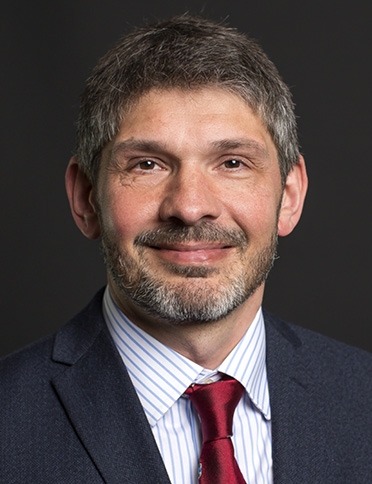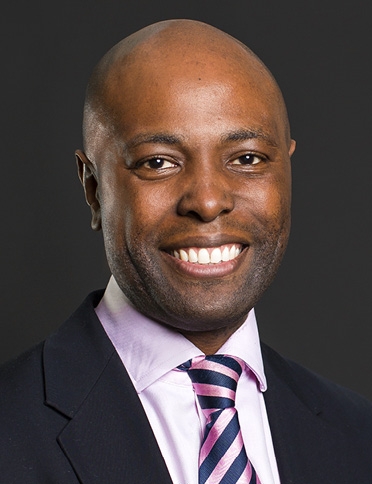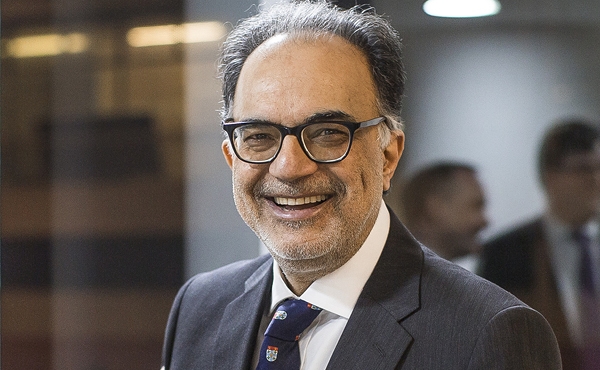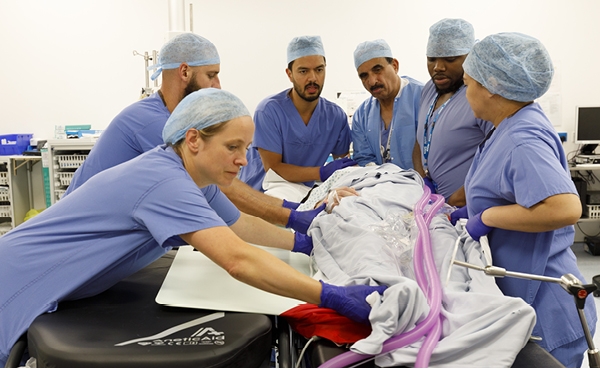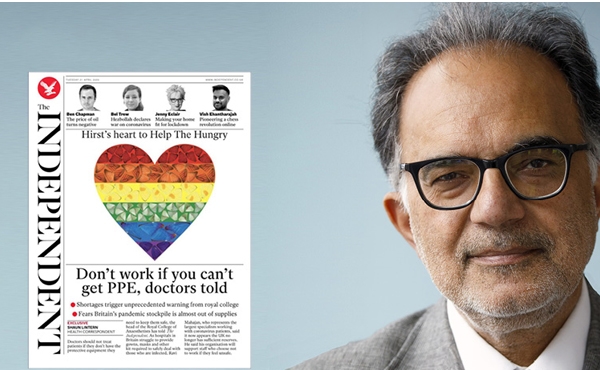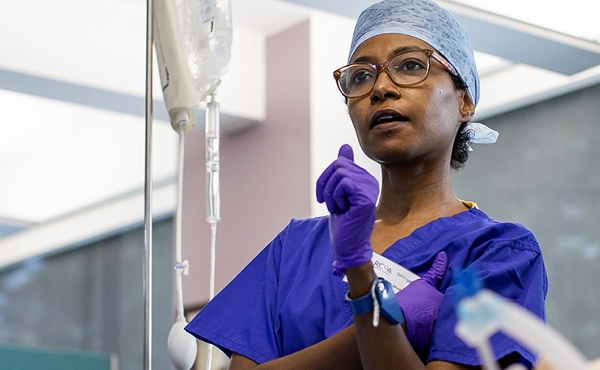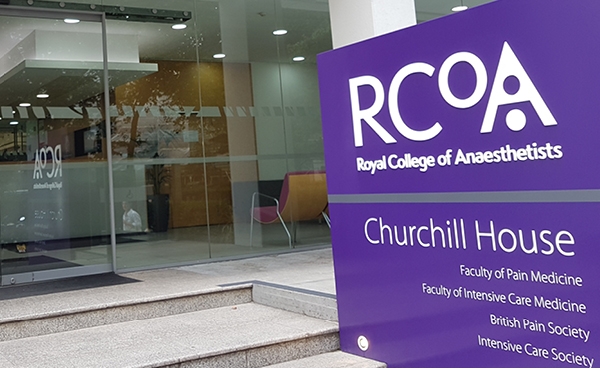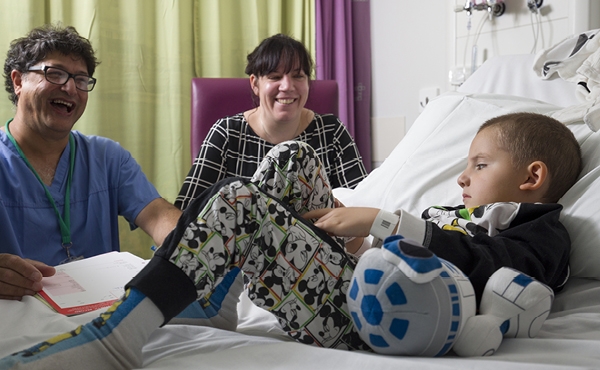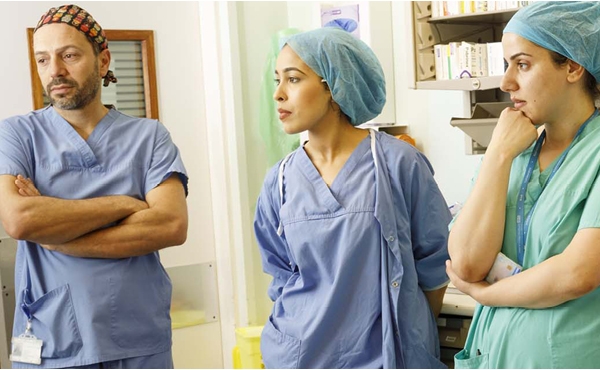2020 Annual Review: Enhancing education and learning
Enhancing education and learning
"During 2020, the pandemic inevitably had a profound impact on anaesthetic training."
Education and events
2020 was one of transformation for education, events and professional development. The pandemic caused the cancellation of all events and courses between March and September however, we accelerated our aspirations for digital education.
During 2020, we:
- organised 45 educations events and courses
- delivered events to over 5,000 delegates
- introduced 16 new webinars, attended by a total of 2,700 delegates
- recorded 23 podcast episodes, which have been listened to over 12,000 times
- saw over 615,000 sessions launched of eLearning Anaesthesia – a 10 per cent increase since 2019.
Since March, we increased the number of education videos on our website. These have been watched over 60,000 times in 124 countries, with over 30,000 hours of viewing time. The UK had the largest audience share in terms of the location of viewers, followed by Australia and India.
Our simulation group provided COVID-19 simulation scenarios for the COVID-19 hub at the start of the pandemic and continues to work to deliver the simulation strategy.
Training
During 2020, the pandemic inevitably had a profound impact on anaesthetic training and the training team worked hard with our Council members and regional networks, along with a variety of external agencies across the four nations of the UK, to reach workable solutions and continue to support anaesthetists in training and trainers. Policies and derogations were quickly put in place to support continued training progression during this period, alongside completing our submission of the new 2021 curriculum.
This also year saw the publication of the eagerly-awaited 2020 workforce census report, which collected data from a remarkable 97 per cent of anaesthetic departments in the UK. The rich data captured will help us develop a strong evidence-based policy campaign and present an equally strong case to government and policy makers for the sustainable growth of the anaesthesia workforce.
The College celebrated two years since the launch of the Lifelong Learning platform, the online hub designed to support members throughout all stages of their careers. During the pandemic, we delivered a number of updates as part of the ongoing support of the platform’s functionality, which has improved the experience for users.
The change to exam delivery has enabled us to support trainee and career progression throughout year 2020/2021 whilst retaining the very high standards of assessment that the College is renowned for.
Exams
The impact of COVID-19 on the FRCA examinations has been widespread and significant. It was first felt through the cancellation of two large exam sessions in May and June 2020. This was swiftly followed by the need to develop and implement new ways of delivering exams that were not susceptible to cancellation due to COVID-19. Online delivery of examinations became the ultimate option and led to the College partnering with two platform suppliers, which enabled us to deliver both the written and clinical exams virtually.
During the last quarter of 2020, nearly 3,000 candidates sat exams as we delivered five online written, two virtual OSCE and four virtual SOE examinations. With continuing uncertainty around when large-scale gatherings can take place, the online format will be offered for the remainder of the academic year. Critically, this change to exam delivery has enabled us to support trainee and career progression throughout year 2020/2021 whilst retaining the very high standards of assessment that the College is renowned for.
None of this work would have been possible without the contributions from our large number of unpaid volunteers, the examiners, who have worked tirelessly to move the examinations online, as well as carry out clinical duties in their own hospitals at a very busy time. In 2020 we worked with 162 examiners in total and we would like to thank them all for their participation. Our pool of examiners also included approximately 34 recently retired examiners who came back to support this very important area of work for the College.


